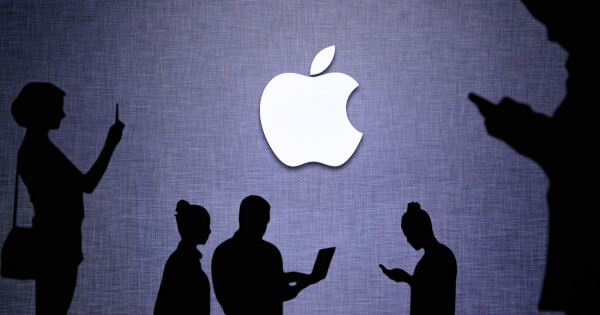As we enter 2024, Apple faces a variety of challenges and opportunities, especially in the areas of generative AI, App Store, and product innovation. Mark Gurman. The upcoming release of Vision Pro and advancements in AI integration within iOS and other applications highlight an important year for the tech giant.
Vision Pro Launch and Spatial Computing
Vision Pro, Apple’s spatial computing headset, scheduled for release in early 2024, represents a significant step toward virtual and augmented reality. Announced at WWDC 2022, the Vision Pro is expected to start at $3,499, but pricing details for additional configurations have not yet been revealed. The launch is consistent with Apple’s broader strategy to advance spatial computing and video capabilities, evident in the upcoming iPhone 16 models with spatial video capture capabilities.
AI integration in iOS 18
Bloomberg’s Mark Gurman reports that iOS 18 will focus on integrating generative AI, and that Apple’s Craig Federighi’s team will inject large-scale language model-based features into the operating system. Enhanced Siri functionality, AI support in Apple Music, and generative AI tools in iWork applications and Xcode are part of this ambitious plan.
Apple’s Generative AI Strategy
Under the leadership of AI chief John Giannandrea, Apple has been intensively promoting ‘Apple GPT’, a project competing with OpenAI’s ChatGPT. Despite its massive investment in AI, Apple reportedly lacks a clear consumer-centric AI product strategy. Still, the company’s experiments with Siri improvements and multimodal AI technology suggest a dedicated exploration of AI’s potential. Apple’s cautious approach to AI, prioritizing privacy over rapid deployment, shapes its strategy in this area.
AI integration across the Apple ecosystem
Rumors suggest that Apple intends to integrate AI across its app portfolio. This includes AI-generated playlists in Apple Music, AI support in Xcode, and the Generated AI feature in the Customer Support app. Apple’s collaboration with major publishers for AI training content, although met with a lukewarm response, highlights the company’s commitment to strengthening its AI capabilities.
Current AI and machine learning applications
Apple’s current product lineup already extensively leverages the benefits of AI and machine learning. From enhancing iPhone photography to enhancing features like collision detection, fall detection, and Siri Suggestions, Apple’s AI deployment is comprehensive and deeply embedded in its product ecosystem.
Tim Cook’s perspective on AI
Apple CEO Tim Cook acknowledges the importance of AI and machine learning as foundational technologies essential to Apple products. While Cook recognizes the enormous potential of AI, he emphasizes a thoughtful and deliberate approach to integration to ensure AI applications are consistent with Apple’s standards and values.
Apple and Samsung’s AI plans align with Qualcomm CEO’s views
As Qualcomm CEO Cristiano Amon emphasized, the integration of generative AI into smartphones in 2024 marks a pivotal shift for the industry. Qualcomm’s insights into these trends highlight the critical role AI will play in enhancing the mobile user experience and reshaping the dynamics of the smartphone market.
Qualcomm’s perspective, combined with efforts from companies like Samsung and Xiaomi, illustrates the industry’s broader movement toward AI-enhanced mobile technology. As Samsung’s first AI phone, the Galaxy S24 series is set to redefine user interaction with advanced AI systems. Xiaomi continues to integrate AI into the MIUI interface and AI camera technology.This evolution presents new opportunities for growth and innovation as AI-based features become increasingly central to the functionality and appeal of future smartphones.
Image source: Shutterstock

